Treatments & Services
Laboratory Services

Treatments & Services
Laboratory Services
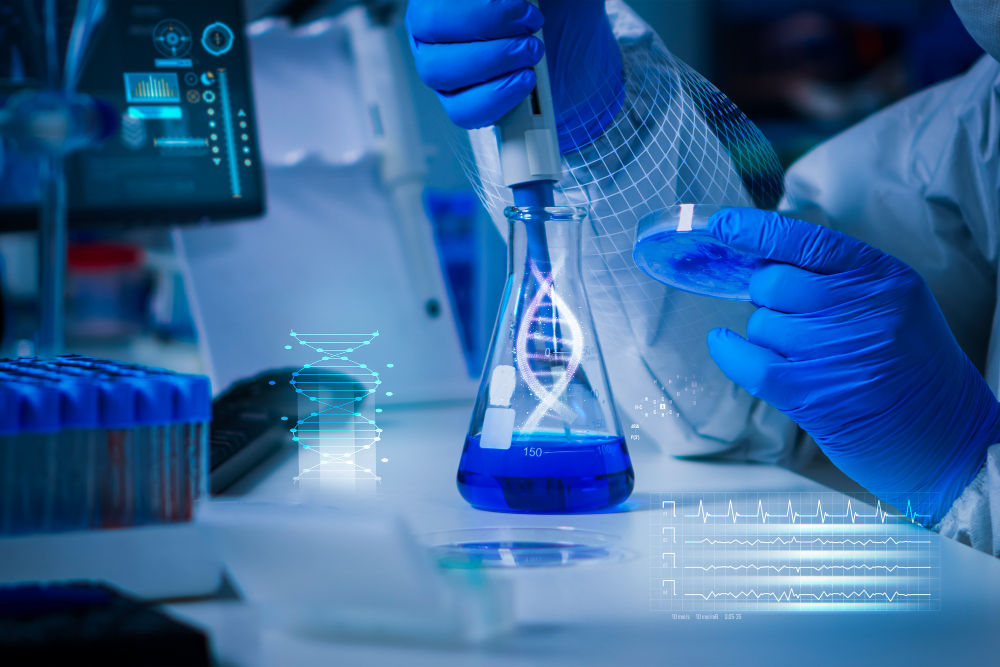
Biochemistry
Biochemistry is a scientific discipline that explores the chemical processes and substances occurring within living organisms. It examines the structure, function, and interactions of biological molecules such as proteins, carbohydrates, lipids, and nucleic acids. Biochemists investigate cellular metabolism, enzyme kinetics, and molecular mechanisms underlying physiological functions and diseases. Their research contributes to various fields, including medicine, agriculture, and biotechnology, advancing our understanding of life processes and facilitating the development of new drugs, treatments, and technologies.
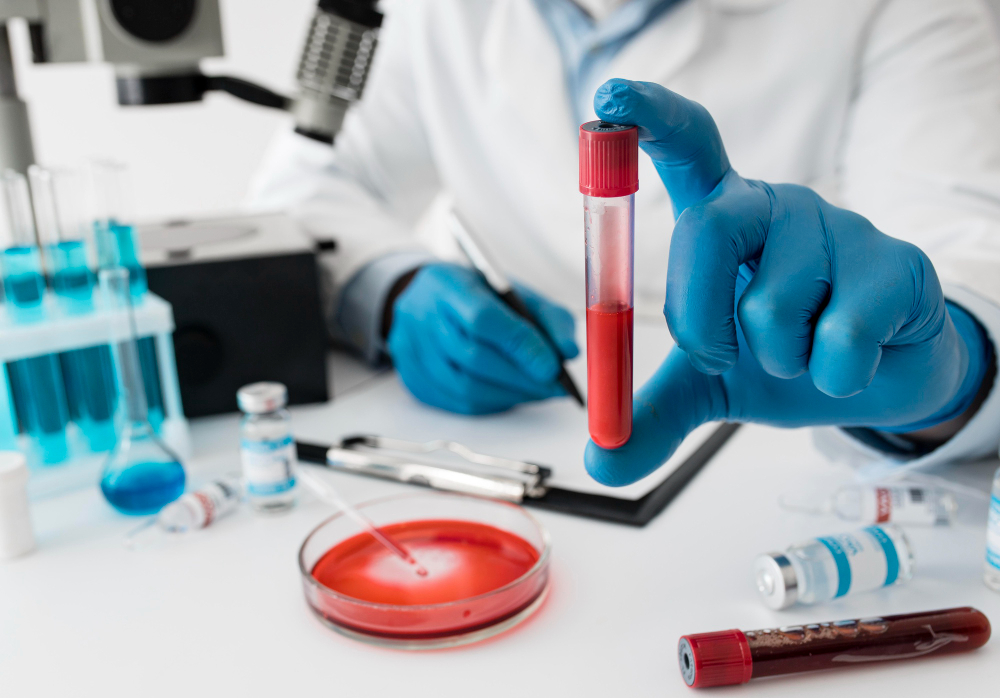
Haematology
Hematology is a branch of medicine and science focused on the study of blood and blood-forming tissues. Hematologists analyze the composition and function of blood components such as red blood cells, white blood cells, and platelets, as well as plasma and bone marrow. They diagnose and treat blood disorders such as anemia, leukemia, and hemophilia, and monitor patients undergoing treatments such as chemotherapy or blood transfusions. Hematology plays a crucial role in understanding and managing various diseases and conditions affecting the blood.
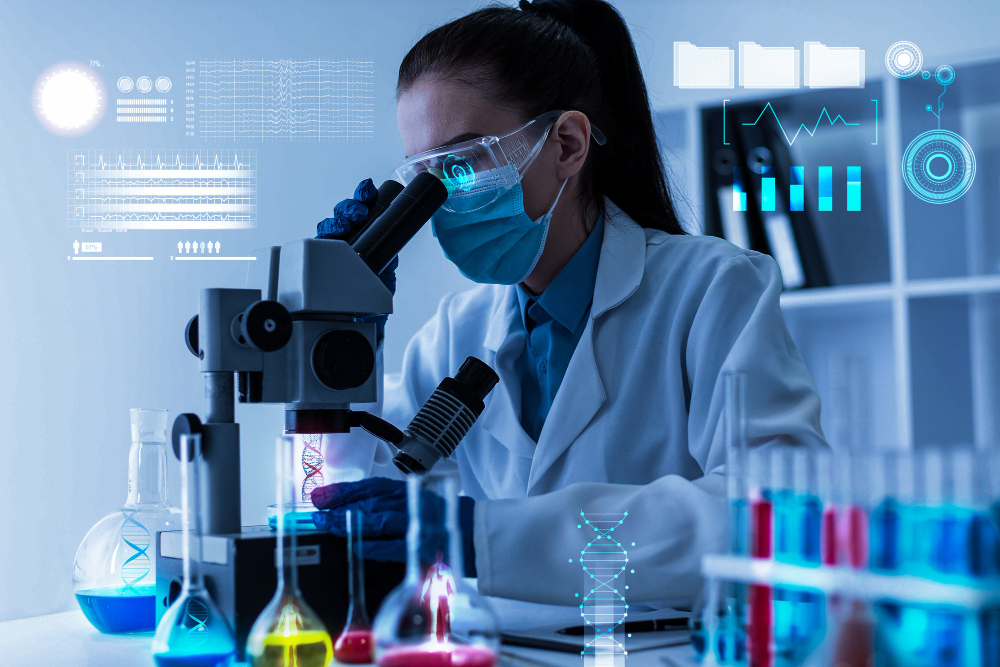
Microbiology
Microbiology is a scientific discipline focused on the study of microorganisms, including bacteria, viruses, fungi, and parasites. Microbiologists investigate the structure, function, genetics, and behavior of these microscopic organisms in diverse environments. They play a vital role in various fields, such as medicine, agriculture, and environmental science, by identifying pathogens, developing vaccines, and studying microbial communities. Microbiology also contributes to biotechnology and the development of novel drugs, antibiotics, and other medical interventions.
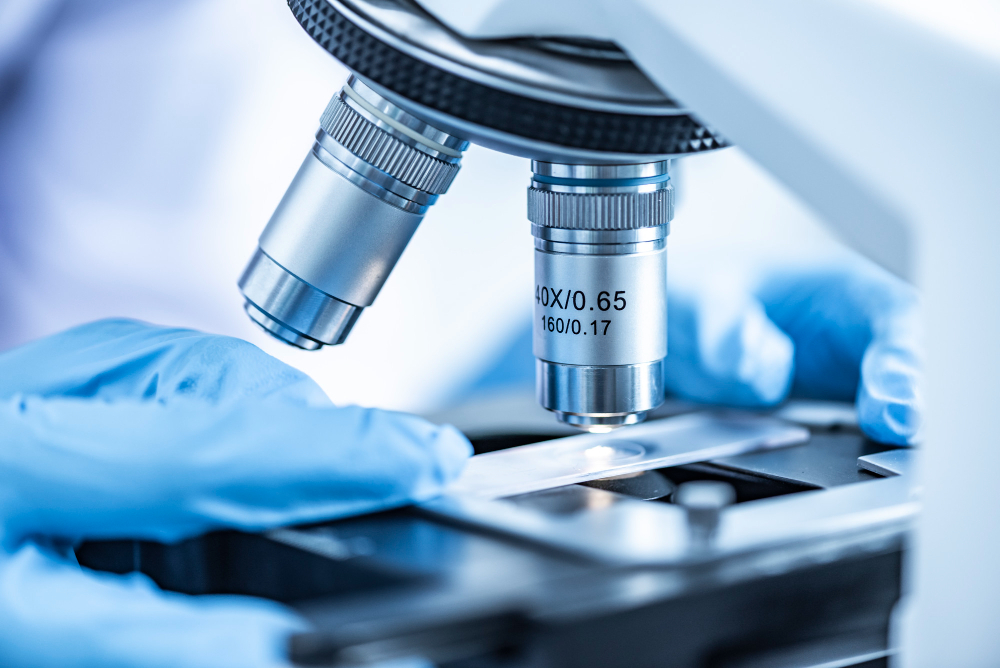
Pathology
Pathology is a medical specialty that examines the causes and effects of diseases through the analysis of tissues, cells, and bodily fluids. Pathologists investigate the structural and functional changes that occur in the body as a result of disease processes, aiding in diagnosis, prognosis, and treatment planning. They use techniques such as histology, cytology, and molecular pathology to study diseases ranging from infections to cancer. Pathology plays a critical role in understanding disease mechanisms and guiding patient care.
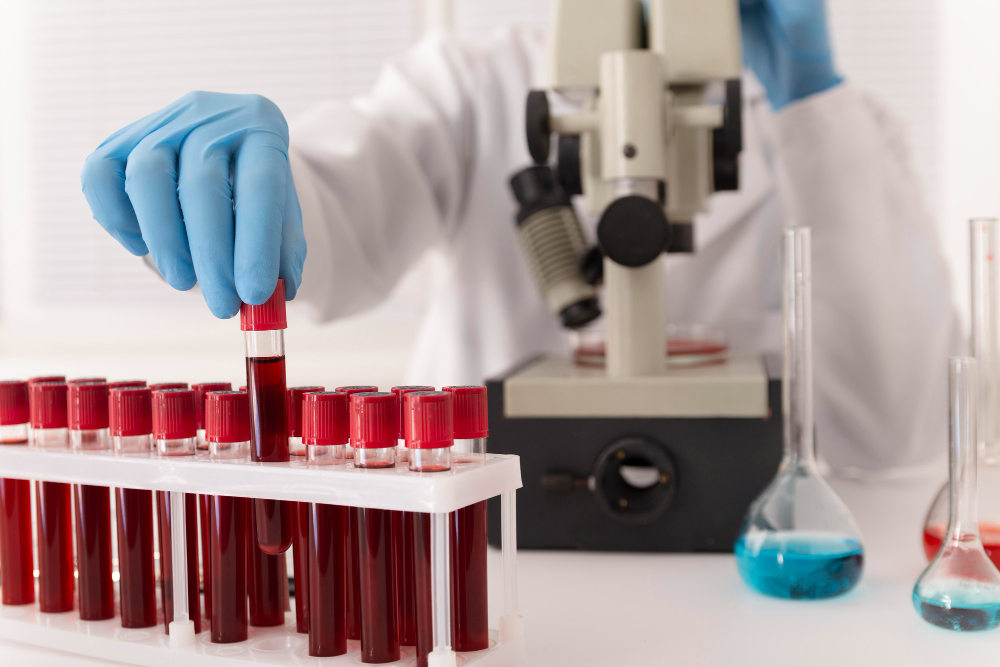
Serology
Serology is a branch of laboratory medicine that focuses on the study of serum and other bodily fluids to detect the presence of antibodies, antigens, or other markers of infectious diseases. Serological tests are used to diagnose various conditions, including viral infections like HIV and hepatitis, as well as bacterial infections such as syphilis and Lyme disease. These tests play a crucial role in epidemiology, disease surveillance, and monitoring immune responses to vaccines or treatments.
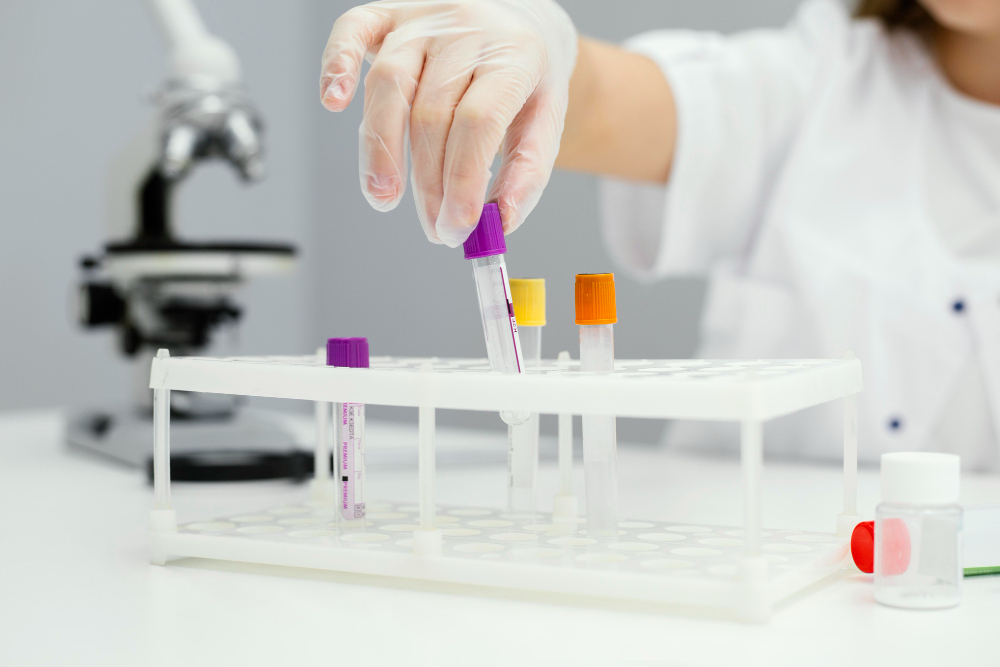
POC Test
The "POC Test" is a comprehensive diagnostic tool offered at our hospital, featuring immediate HbA1c testing. This Point-of-Care (POC) approach ensures rapid and precise results, crucial for managing diabetes and related conditions effectively. The test leverages advanced technology and skilled medical professionals to deliver reliable outcomes, facilitating prompt medical interventions and personalized treatment plans. Patients benefit from the convenience of real-time testing, ensuring timely interventions and improved health outcomes. The "POC Test" exemplifies the ongoing commitment of healthcare institutions to innovation and patient-centric care, providing individuals with efficient and accurate diagnostic solutions.


